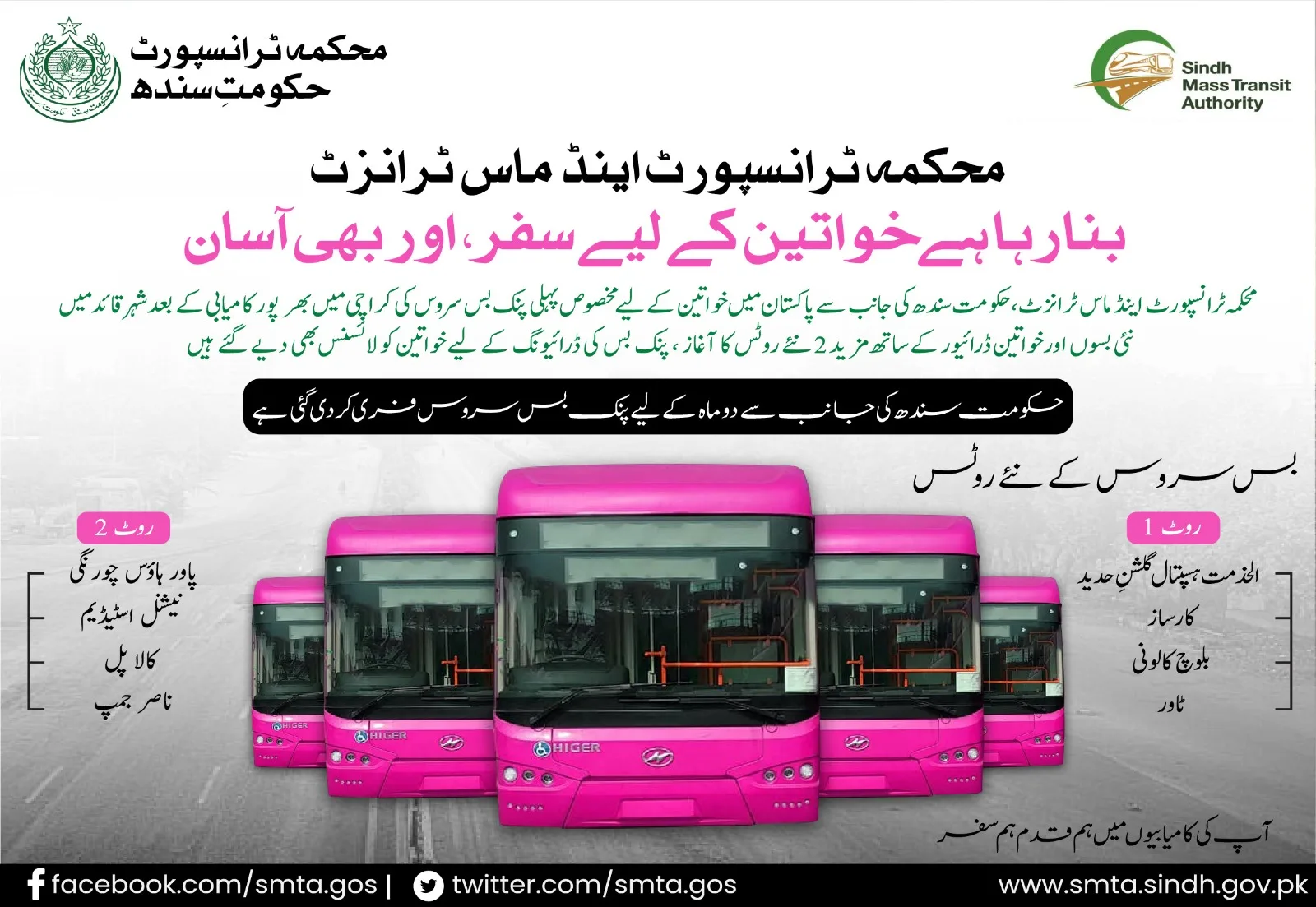The Legacy of Razia; Reawakening Empowerment

” Ku hai kaed haseen pinjre mai, tujhse zyada na koi tera. Cinderella, na shehzade ka intezaar kar”
Upon casually scrolling through TikTok one day, I came across several provocative clips on women empowerment, all centered around one particular name: ‘Razia.’ After conducting my research, I discovered that it’s a six-episode TV serial aired on ExpressTV, written and directed by Mohsin Ali, featuring Mahira Khan as the narrator.
The plot revolves around Razia, portrayed by Shaheera Jalil Albasit, who is born into a low-class household, with a father and grandmother who always desired a son. Upon the arrival of the first child, Razia, her mother, Zohra Bibi, played by Momal Sheikh, faced taunts from her mother-in-law. As time passed, Razia was prohibited from playing outside, leaving the house, and more, as her destiny seemed confined within four walls—first her parents and later her husbands. Despite these constraints, Razia fought for her own identity and aspirations, determined to write her own destiny.
Razia eventually gained a sibling, a baby brother. Hoping he could bring happiness to Razia’s childhood, she discovered that discrimination persisted between her and her brother. From education and extracurricular activities to freedom, whenever she rebelled, she was thrust back into her cage. Her brother, on the other hand, escaped consequences for his mischief, justified by the notion that ‘boys do that.’ Meanwhile, she was forbidden even to meet her best friend, Manohar, alias Mannu. When she spoke up for herself, she was labeled insolent and disrespectful.
The TV serial’s most captivating aspect lies in its portrayal of the contradiction between men who harass and degrade women, such as Razia’s father and brother, and those who support, encourage, and empower women, like Mannu and, importantly, Mohsin Ali, the creative force behind the show that Pakistan needed. In an interview, when asked about the choice of the name ‘Razia,’ Mohsin Ali explained the metaphor, ‘Razia gundon mai phasgayi,’ meaning Razia is stuck between goons. He wanted the opposite—to make the goons afraid of Razia. Hence, the traditional name, ‘Razia.’
The plot, though suffocating and demoralising, is elevated by the thought-provoking dialogues delivered exceptionally by Mahira Khan, narrating Razia’s story in front of a live audience. She used various analogies depicting how women feel threatened by men while being told to sacrifice everything because they are born to be slaves. To discover these analogies, one must tune in to the first episode.
In conclusion, life is too short to minimize dreams for societal expectations. The show’s OST speaks for women forced to abandon their dreams for cultural reasons, emphasising the need to be aware of our surroundings and pursue our dreams and aspirations, as well as identifying the good and bad men around us.
Let’s break through the barriers of discrimination and stereotypes that attempt to bind us and become the weavers of our own destiny. Instead of being trapped between thugs like Razia, let us make the world quake at the power we possess. Like stars in the vast emptiness of space, our dreams also have the right to shine brightly. Because, in the end, empowerment is not just about one person’s success but also about womanhood as a whole. It’s time to take our canvas’s in our own hands, and write our destinies ourselves.
”Tu hai panchi urhja urhja re. Zara balkha, lehra, urhja, urhja. Cinderella, na shehzade ka intezaar kar”












